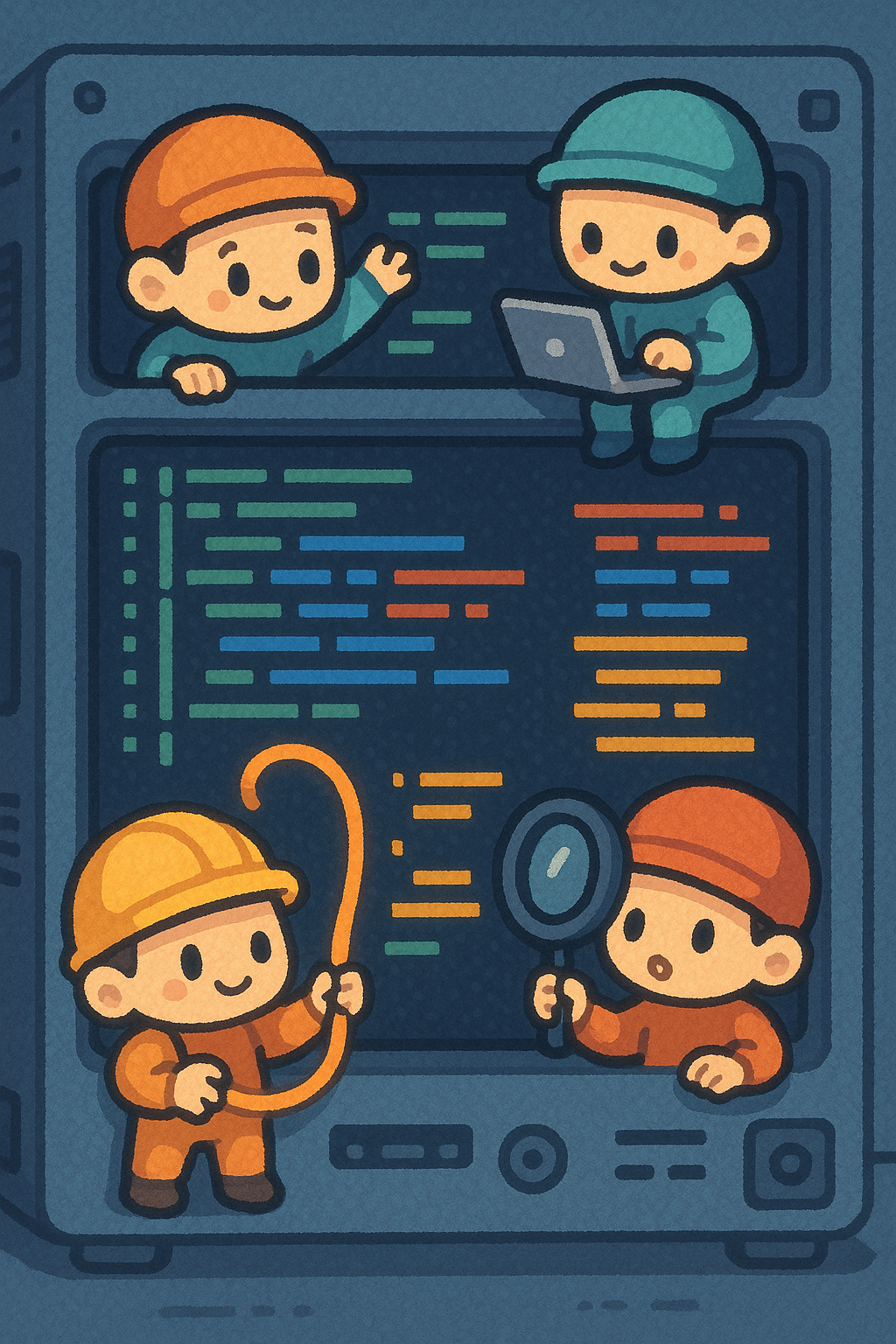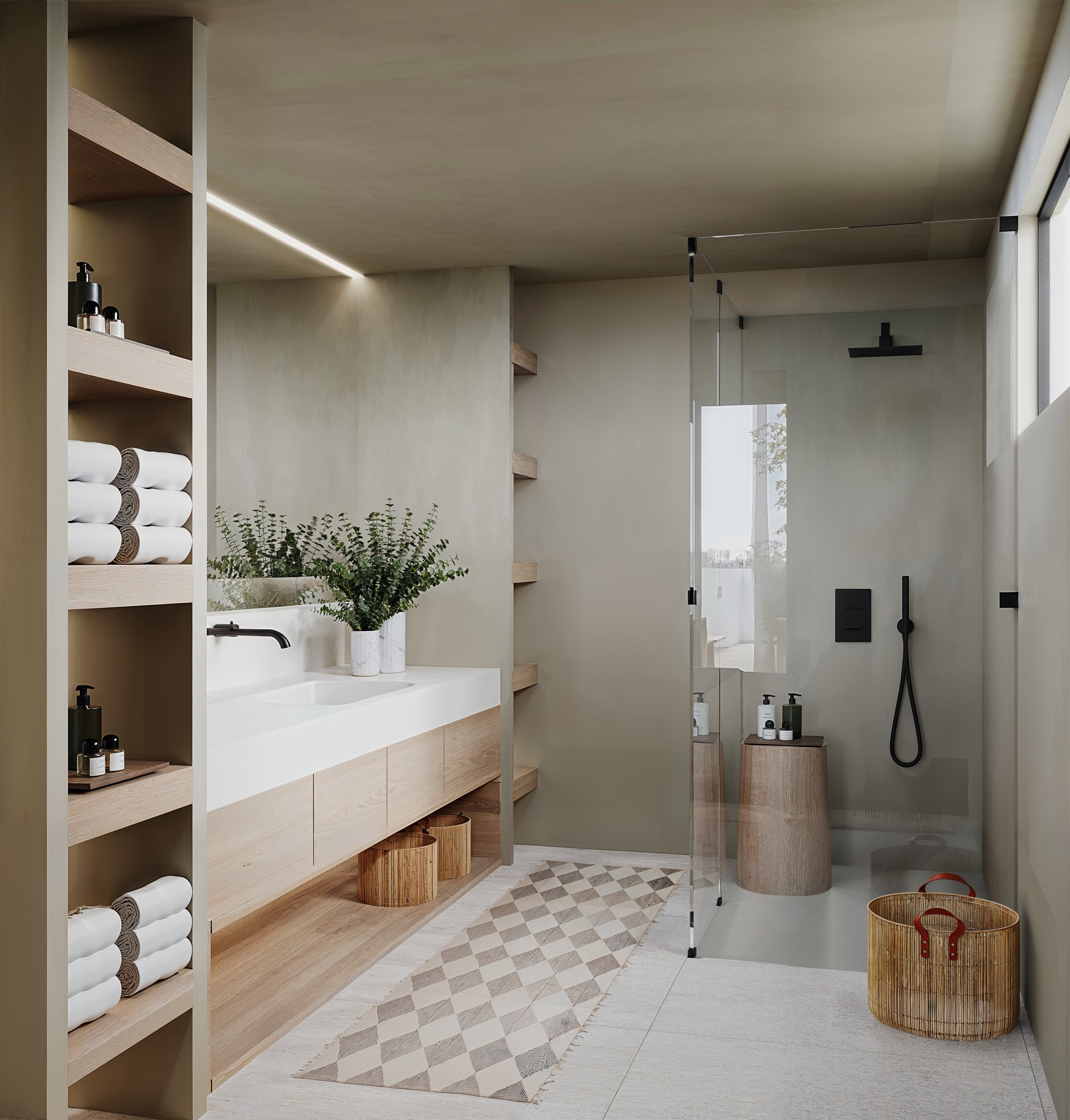Web App vs Website: What’s the Difference and Which Do You Need?

In the digital world, the terms website and web app are often used interchangeably—but they serve very different purposes. Whether you're launching a business, showcasing your portfolio, or building an interactive platform, choosing the right approach is critical.
At Ambar Estudio, we not only offer 3D rendering services for architecture and design—we also develop powerful, scalable web applications tailored to your business goals. Let’s break down the difference between a web app and a website—and which one might be right for you.
1. Functionality vs Presentation
* Website: Primarily informative. It displays content—text, images, video—to communicate a message or promote a service. Think of company landing pages, blogs, or portfolios.
* Web App: Built for interaction. Users can perform specific actions, like filling out forms, booking appointments, managing dashboards, or uploading content. Think of platforms like Gmail, Notion, or online banking portals.
Need to simply display your work? A website is perfect. Need to let users interact or manage data? You’ll want a web app.
2. User Experience
* Website: Navigation tends to be static and linear—users click through sections to consume content.
* Web App: Interfaces are dynamic and often personalized. The experience adapts based on user actions or login state.
Modern web apps often feel like mobile apps—but inside a browser.
3. Technology Stack
* Website: Typically built with HTML, CSS, and basic JavaScript. Content is often managed with systems like WordPress or static site generators.
* Web App: Requires a more complex stack—frameworks like React, Vue, Angular (front-end) and Node.js, Django, or Laravel (back-end). Data is stored, manipulated, and synced across users in real time.
At Ambar Estudio, we build both websites and web apps using robust frameworks like Next.js and Node.js for performance and flexibility.
4. Cost & Development Time
* Website: Faster to build and generally more affordable. Ideal for static content, marketing, or single-service sites.
* Web App: Requires more planning, coding, and testing. Costs are higher, but the long-term payoff is greater for businesses that rely on user engagement or automation.
If you’re launching a digital product, a web app may be the better long-term investment.
5. Use Cases
* Use a Website if: You need a professional presence, landing page, or content hub.
* Use a Web App if: You need users to log in, upload content, manage data, or interact with services in real-time.
For example, a real estate agency may use a website to showcase properties—and a web app to let users filter listings, save favorites, or schedule visits.
Conclusion: Pick the Right Tool for the Job
Websites and web apps serve different but complementary purposes. Choosing the right one depends on your goals, budget, and timeline.
At Ambar Estudio, we build high-performance websites and full-scale web apps—alongside our industry-recognized 3D rendering services for architects, interior designers, and developers.
Need help deciding what’s right for your next digital project? Contact us and let’s bring your vision to life with custom development and world-class visuals.
Written by Humberto Rodriguez
Ambar Estudio Team
Related Articles


